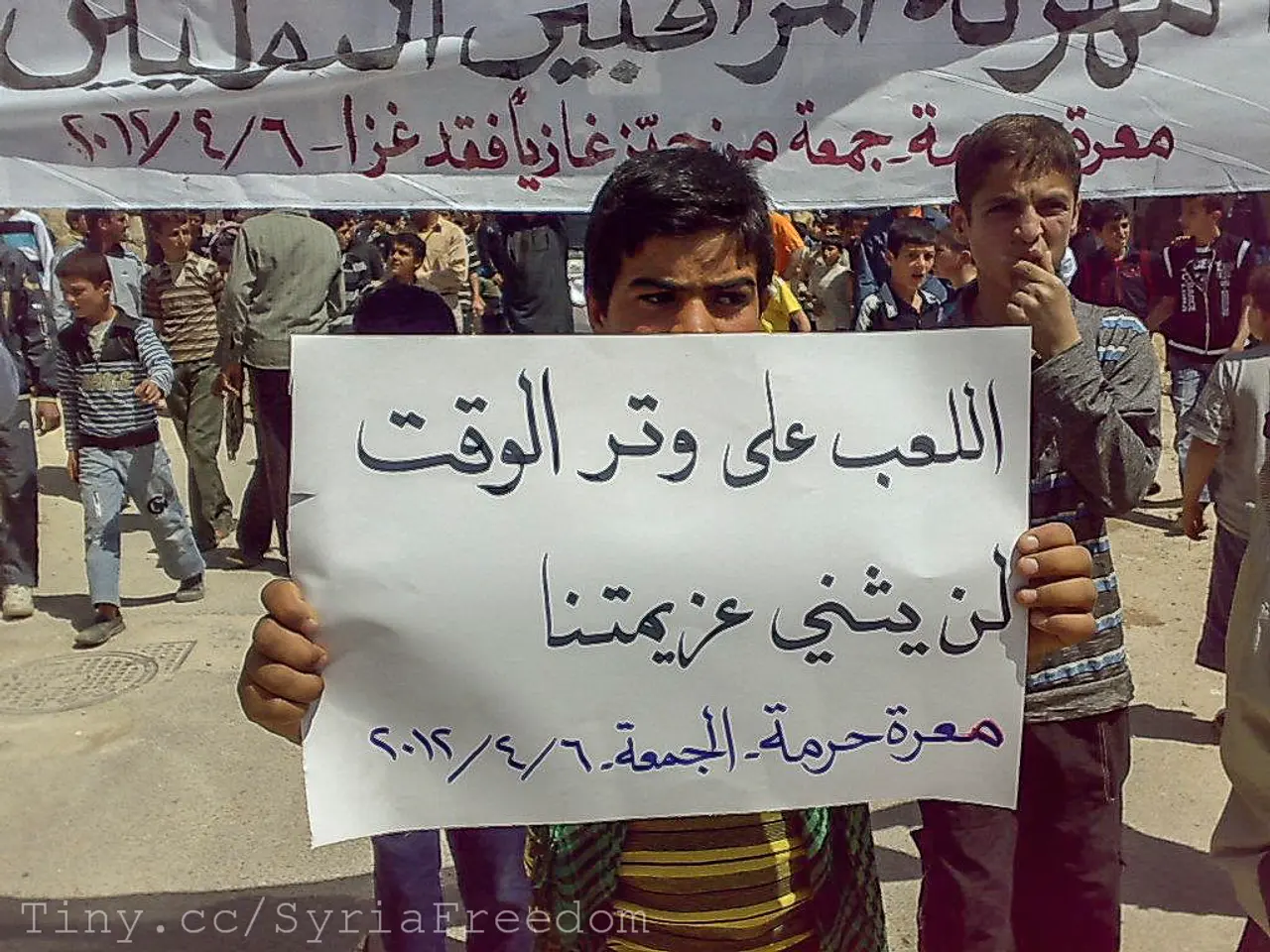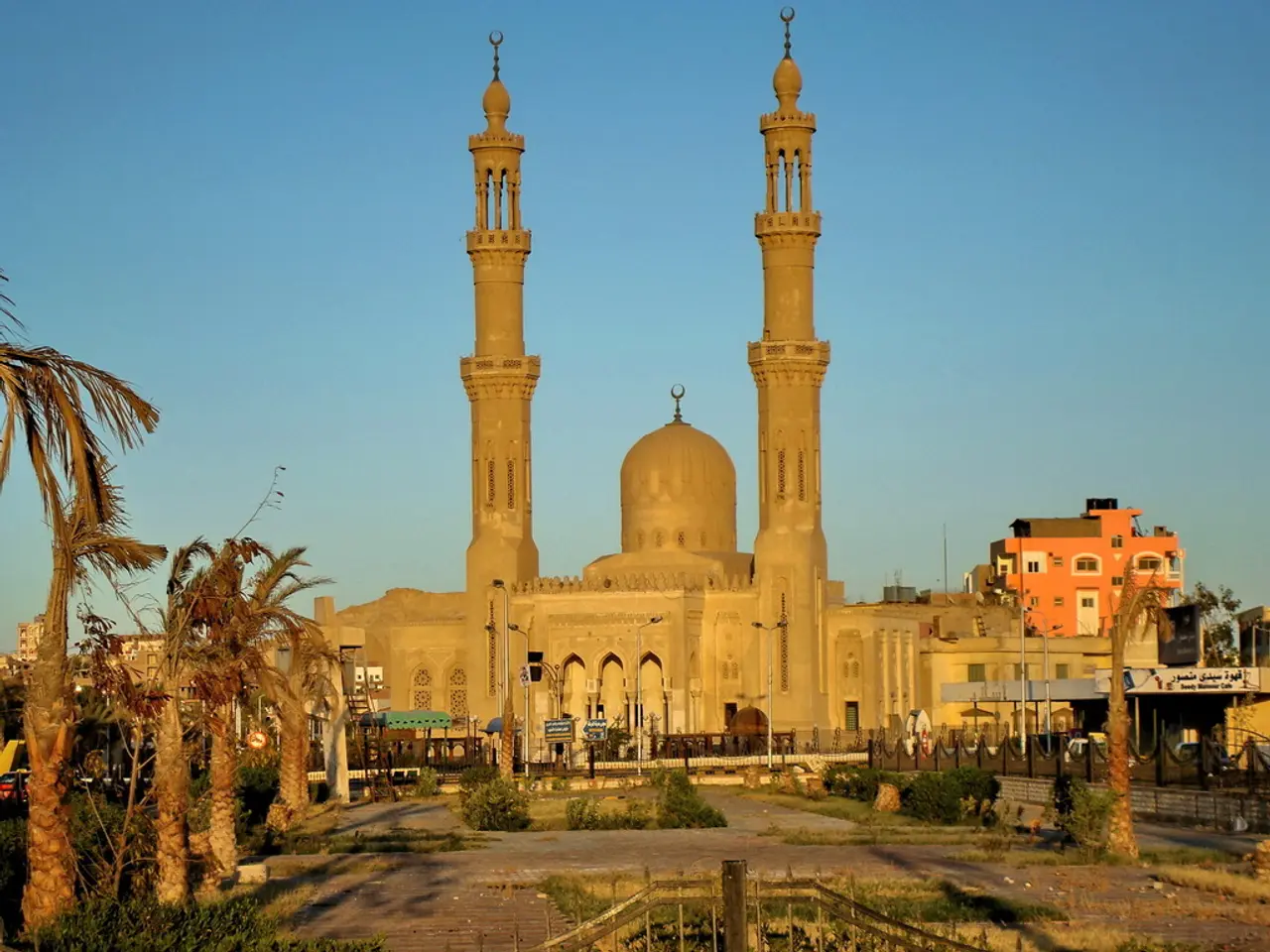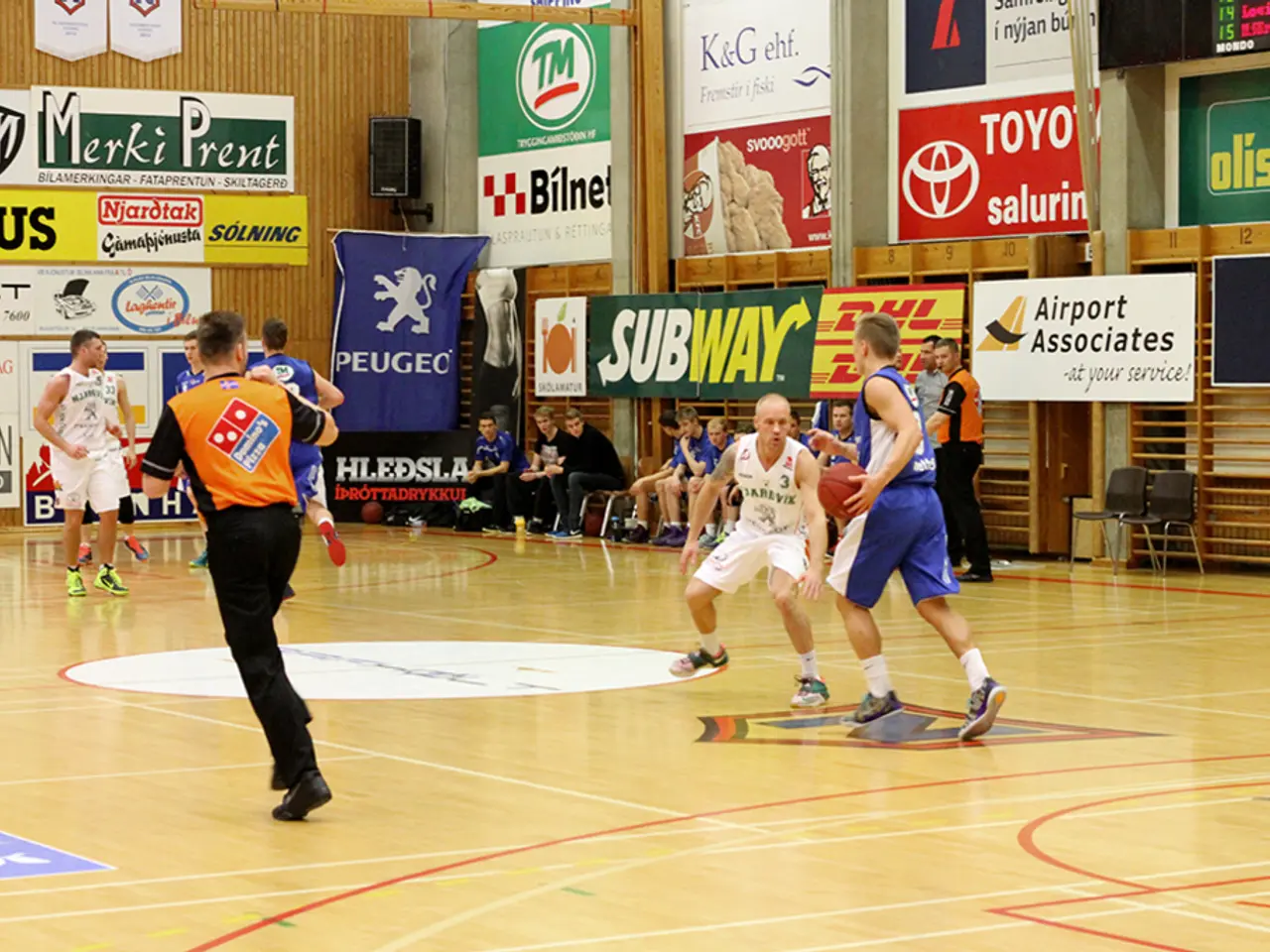Tension looms in Kuwait: Government readies for potential fallout as Israel-Iran hostilities heighten
Kuwait Takes a Proactive Stand in Regional Conflict
In the thick of the Israel-Iran face-off, Kuwait is rallying to ensure national security, prioritize oil market considerations, and bolster civil preparedness measures. The nation's premier, Sheikh Ahmad Al-Abdullah, has convened the Supreme Petroleum Council to scrutinize the impact of regional and global political shifts on the oil market.
To bolster the country's security, Sheikh Fahad Al-Yousef, First Deputy Prime Minister and Minister of Interior, has called on security agencies to sharpen their readiness and collaborate more effectively to tackle the increasing threats.
Meanwhile, Abdulrahman Al-Mutairi, Minister of Information and Culture, and State Minister for Youth Affairs, implores official media outlets to disseminate accurate information and thwart misinformation through concerted, professional communication. This push for transparency is crucial in maintaining public trust during troubling times.
Kuwait's Foreign Minister, Abdullah Al-Yahya, reiterates the country's call for an immediate ceasefire and renewed negotiations, underscoring the significance of diplomatic efforts as Kuwait chairs the Gulf Cooperation Council. Al-Yahya has been actively cooperating with regional and international partners since the crisis began.
The government is also focusing heavily on civil preparedness. In a precautionary move, the Public Authority for Industry has assembled to secure vital stockpiles of food, water, and medicine in critical areas such as Shuaiba. Jarallah Al-Dosari, Acting Director General, stresses the importance of activating emergency teams and evacuation plans.
Similarly, the National Guard, under the watchful eye of Deputy Commander Lt. Gen. Hashim Al-Rifai, is assessing logistical support systems and urging vigilance in the tense regional climate.
On the humanitarian front, the Ministry of Social Affairs has partnered with the Federation of Charitable Societies and Endowments to fortify crisis response capabilities within civil society. The aim is to ensure prompt and effective humanitarian relief, should regional tensions worsen.
Kuwait has expressed open opposition to Israeli strikes on Iran, viewing them as breaches of Iranian sovereignty. The country is working closely with GCC neighbors to monitor the situation and protect its citizens, while also maintaining diplomatic ties through an active presence in Tehran and consulate support in affected Iranian cities.
As a notable oil producer, Kuwait is carefully evaluating the potential impact of regional instability on energy markets. Moreover, the government is mindful of energy and environmental risks stemming from the conflict, aiming to safeguard their nation's infrastructure and environmental stability during these uncertain times.
In light of the ongoing war-and-conflicts, particularly the Israel-Iran face-off, Kuwait's politics have been greatly influenced, with the nation prioritizing its security, oil market considerations, and general news dissemination to maintain public trust. The government is also collaborating with regional and international partners to protect its citizens, fortify crisis response capabilities, and safeguard its oil infrastructure and environmental stability.







